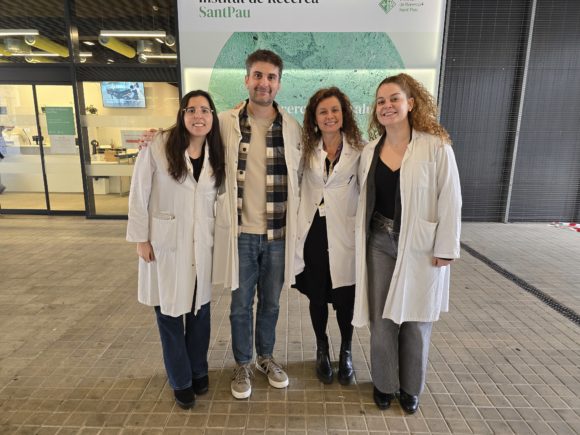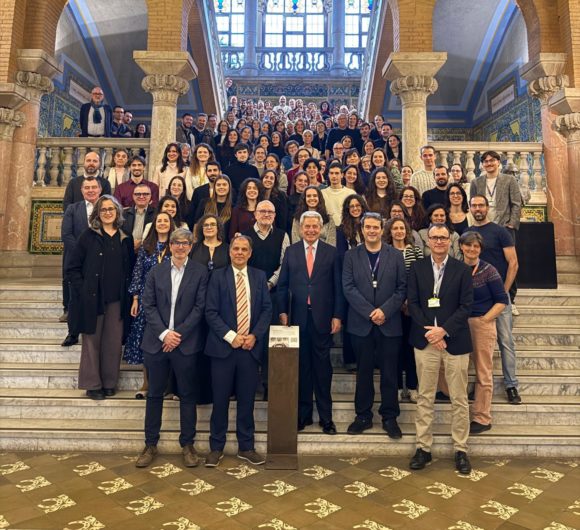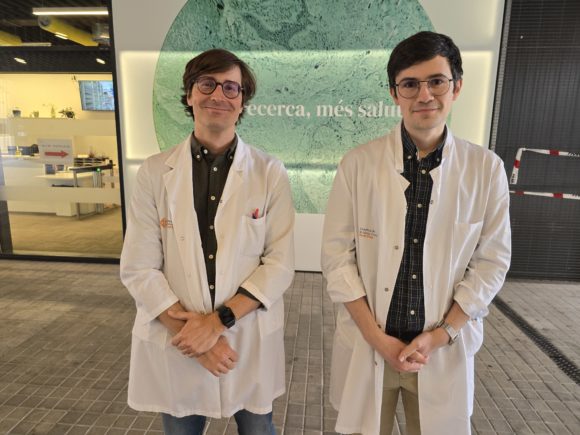
Preeclampsia is a pregnancy complication widely known for its immediate impact on maternal and fetal health. However, scientific evidence accumulated recently has shown that preeclampsia is also associated with an increased long-term cardiovascular risk in women who have experienced it. Despite this, the mechanisms underlying this elevated risk remain incompletely defined. Two recent studies conducted by the Perinatal and Women’s Medicine Research Group at the Institut de Recerca Sant Pau (IR Sant Pau) analyze how preeclampsia and angiogenic imbalance during pregnancy are linked to persistent changes in the female cardiovascular and renal systems several years after childbirth.

Experts agree that today we are much closer to defeating Alzheimer’s and that we are living through a historic paradigm shift. There is still no cure, but for the first time it has been possible to slow the course of the disease thanks to a turning point: a new generation of drugs that remove the beta-amyloid protein that accumulates in patients’ brains and slow the progression of Alzheimer’s by 30%. Plasma biomarkers are also highlighted as a revolution in diagnosis at all stages of the disease through a simple blood test. They also deliver a public health message to society: 45% of dementia cases could be prevented or delayed by addressing 14 modifiable risk factors. These are some key conclusions from the recent meeting marking the 20th anniversary of the Memory Unit (MU) at Hospital de Sant Pau, which brought together world experts, patients, and families.

An international study led by researchers from the Institut de Recerca Sant Pau (IR Sant Pau) shows that advanced use of magnetic resonance imaging (MRI) allows much more accurate identification of patients with progressive supranuclear palsy (PSP) and corticobasal degeneration (CBD). These are two rare and clearly underdiagnosed atypical parkinsonian disorders.

The second edition of the Women and Girls in Science Celebration, organized this Sunday by the Sant Pau Research Institute (IR Sant Pau), once again transformed the Panoramic Area of Tibidabo Amusement Park into a meeting space between science and the public. More than 4,000 people attended throughout the day to accompany Mariona, an eight-year-old girl passionate about science, in this celebration held in the framework of the International Day of Women and Girls in Science.

The Sant Pau Research Institute (IR Sant Pau) will celebrate the upcoming Sunday, February 15, 2026, from 11:00 a.m. to 4:00 p.m., the 2nd edition of the Women and Girls in Science Festival at the Panoramic Area of Tibidabo Amusement Park. The event is part of the educational and outreach project Mariona Investigadora and is organized on the occasion of the International Day of Women and Girls in Science. The aim is to foster scientific vocations from an early age and highlight the role of women in research and medicine. To take part in the scientific workshops, prior registration will be required through the event website: https://www.santpau.cat/es/web/public/mariona-investigadora.